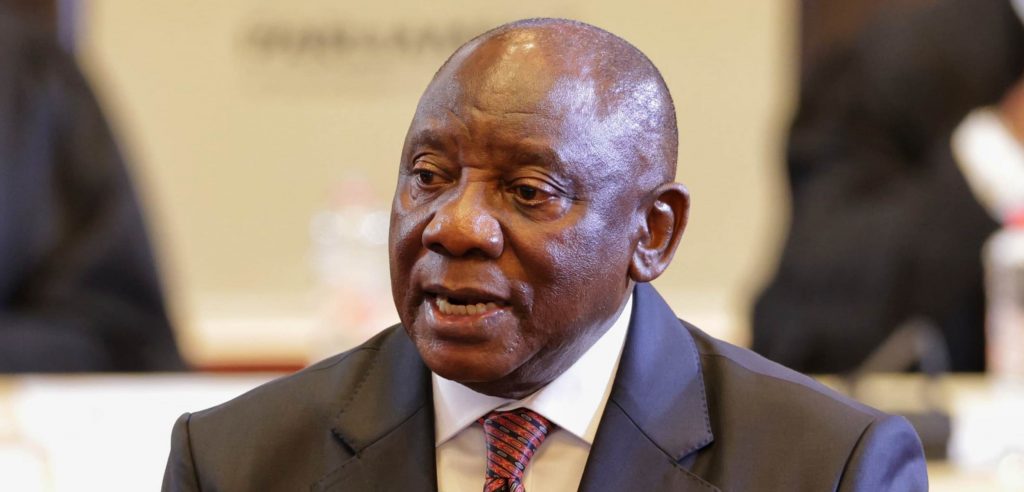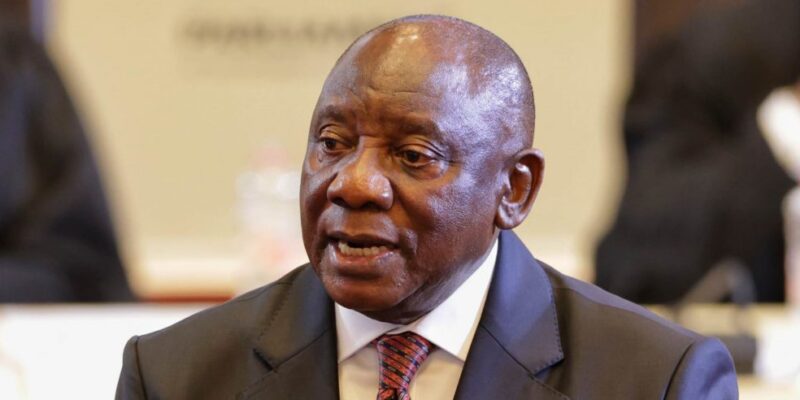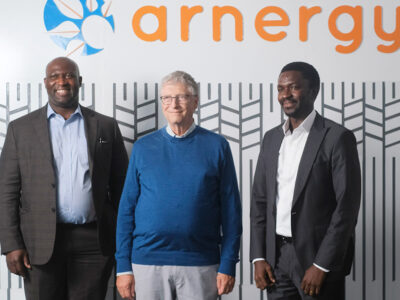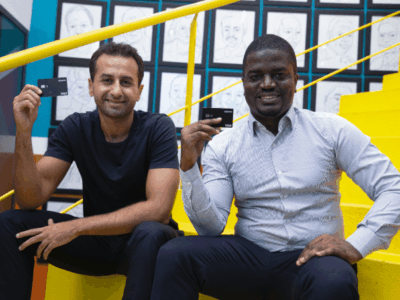
In his state of the nation (Sona) address on Thursday evening, President Cyril Ramaphosa spent more time speaking about technology than in any of his previous Sona speeches.
Ramaphosa said South Africa must adapt to a “rapidly changing” world, fuelled by advances in digitisation and artificial intelligence.
He emphasised the importance of digital platforms and skills in growing the economy and improving government services.
We will continue to enhance our visa system to make it easier for skilled people to invest in our country…
“These measures will transform the relationship between citizens and government, and create one government that is accessible to every person at a touch,” said Ramaphosa.
Many of the plans announced by the president will involve the department of home affairs, where minister Leon Schreiber is leading an IT-fuelled modernisation effort.
But technology is key to the implementation of a number of government initiatives that Ramaphosa announced in his Sona speech. These, then, are all the president’s tech-related announcements in his speech:
Gov.za revamp
The www.gov.za website serves as an entry point to information about government services and activities. Ramaphosa did not detail whether the overhaul of this platform is for the main website in isolation or includes all other websites that use the .gov.za domain. This list includes all national departments as well as parliament.
“We will invest in digital public infrastructure to give South Africans access to government services anytime, anywhere, through a relaunched gov.za platform,” said the president.
Digital IDs for citizens
Ramaphosa gave considerable attention to the department of home affairs, a portfolio that was taken over by Schreiber, a Democratic Alliance MP, following the formation of the government of national unity.
To support government’s initiative to make its services more accessible to citizens, home affairs will implement a digital identity system that will allow citizens to authenticate themselves without having to carry physical ID books or cards. Ramaphosa said digital IDs will be “at the heart” of government’s revamped systems.
Electronic national health records system
As part of the first phase of implementing the National Health Insurance scheme, which Ramaphosa said will begin this year, an electronic database of health records for South Africa’s citizens will be created.
Digital visas
Ramaphosa said South Africa’s ability to attract skilled labour from the rest of the world will be a key driver of economic growth. He said for jobs to be created, the economy must grow at around 3%/year. To help attract specialised skills to the country, especially in the fields of digital technologies and AI, home affairs will implement a digital visa system to speed up the visa application process.
 Home affairs minister Leon Schreiber being interviewed following President Cyril Ramaphosa’s state of the nation address to parliament. Image: GCIS
Home affairs minister Leon Schreiber being interviewed following President Cyril Ramaphosa’s state of the nation address to parliament. Image: GCIS
One of the key drivers of digitisation at home affairs is to reduce the number of ways in which the system can be manipulated, thereby minimising corruption. According to Ramaphosa, the new system will use AI tools similar to those successfully implemented at the South African Revenue Service to “reduce the scope of corruption”.
“As part of our reform agenda, we will continue to enhance our visa system to make it easier for skilled people to invest in our country and to grow tourism. This year, we will launch an Electronic Travel Authorisation system to enable a secure, fully digital visa application process,” he said.
Updated industrial policy focusing on digital services
Ramaphosa said government’s updated and modernised industrial policy will be finalised later this year. The document will focus on localisation and digitisation. “To create jobs, we must leverage our unique strengths and our unrealised potential to build the industries of the future – green manufacturing, renewable energy, electric vehicles and the digital economy,” he said.
Skills development
The Jobs Boost fund, said Ramaphosa, has been successful in linking funding for in-demand skills training to the successful placement of young people in the workplace. The model used for this fund will be employed to provide similar support for small and medium enterprises and those in the informal economy, he added.
“We have also seen strong growth in digital services and business process outsourcing, which has created jobs for young people. To support this growth, we are investing in skills development for the industries of the future,” said Ramaphosa.
Start-up fund for tech companies
A start-up fund to support the growth of tech companies specifically coming out of South Africa’s higher education institutions will be created by the department of science, technology & innovation. Ramaphosa said this fund is key to “develop an innovative economy”.
Digital forensics lab
Cybercrime is a growing scourge worldwide. Government institutions have been shown to be particularly vulnerable to attack, while the South African Police Service lacks sufficient capacity the capacity to deal with the severity and sophistication of the problem. Ramaphosa said a special digital forensics lab will be established to fight cybercrime.
Read: Home affairs gazettes visa reforms to attract global talent
“We are establishing a world-class digital forensics lab to support the investigation of complex corruption and financial crime with cutting edge tools and expertise,” said Ramaphosa. – © 2025 NewsCentral Media
Don’t miss:










Comments